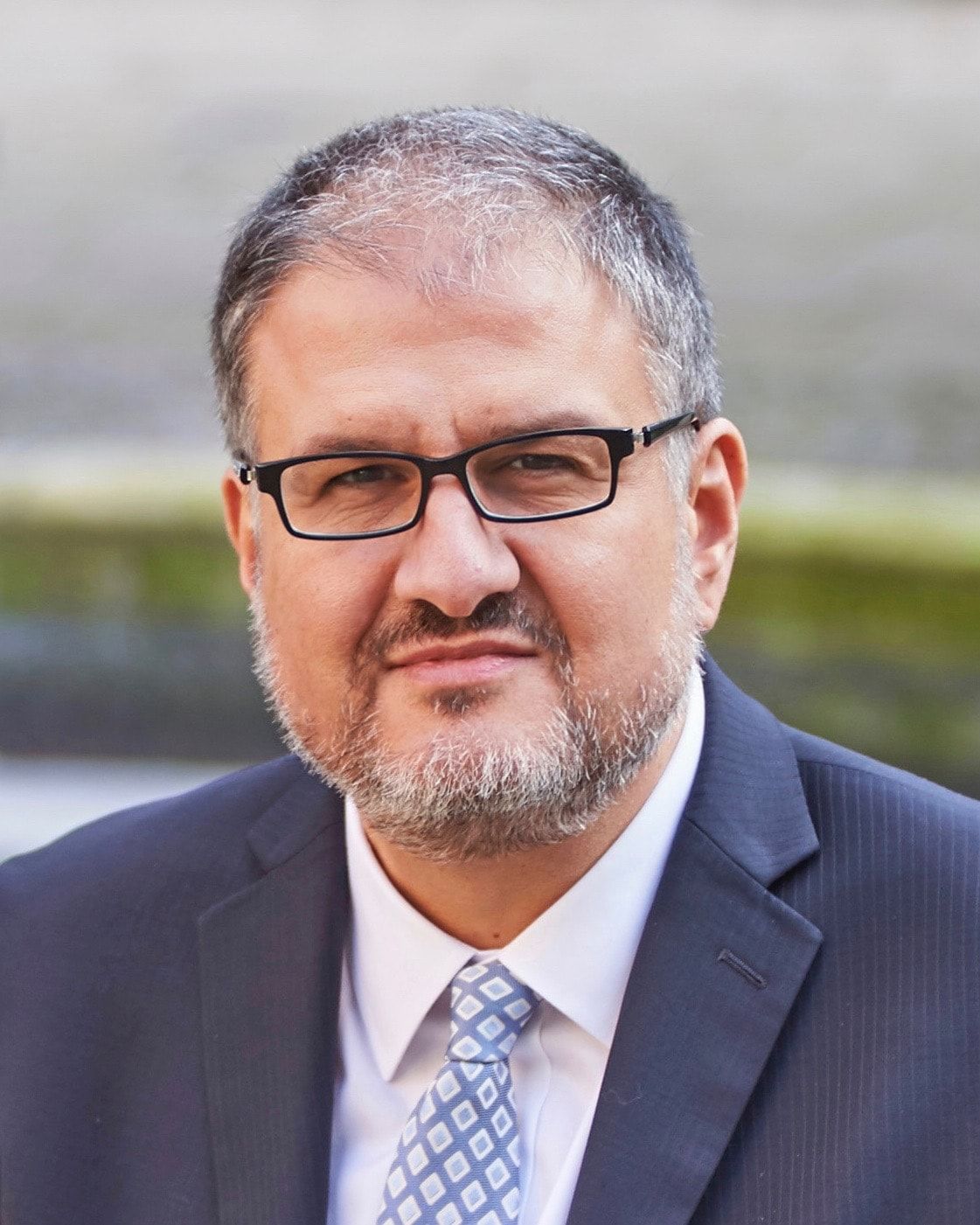15 December 2017

In each issue of our newsletter, we interview an SIArb member to get their views on the alternative dispute resolution scene in Singapore, and to obtain some insight into what makes them tick.
In this issue, we interview Professor Benjamin Hughes of Seoul National University
How and why did you make the switch to become a full time arbitrator?
I left my previous firm as of 1 March 2013, which ironically is Independence Day in Korea. I decided I wanted to sit as an arbitrator full time, which is very difficult to do at a large law firm due to conflicts. I really enjoy the work as arbitrator, and I wanted more independence, more control over my schedule and more time with my kids. Of course I have taken a financial hit, but it has been more than worth it.
What does it mean to be an honorary citizen of Seoul, Korea?
It’s an honor given by the mayor of Seoul, for which I am very grateful. I was jointly nominated in 2011 by the Korean Bar Association and the Korean Commercial Arbitration Board. I thought I might get some special privileges, like maybe the express line at the airport, but no such luck!
What is your favourite Korean dish?
My problem is that I love them all. First came to Korea in 1991, intending to stay for one year. People always assume that I stayed longer because of my wife, who is Korean, but we didn’t meet until five years later. The truth is I stayed for the food. Bulgogi, kimchi chigae, sundubu, doenjang chigae, bibimbap, bindaedeok, the list goes on and on. If you have not tried it, you must come visit Seoul.
What is a typical year for you - how do you divide your time between the different hats you wear and the different countries in which you practise?
I have been an independent arbitrator since 2013, but since March 2015 I have also been on the faculty at Seoul National University Law School, where I teach two courses per semester. Fortunately we have two very long breaks in the summer and winter, and many holidays in between, so scheduling overseas arbitration hearings has not been a problem. But I do spend a lot of time on planes and in airports…
What is the most memorable arbitration or arbitration-related matter that you were involved in, and why?
That’s a tough one, as there are many memorable cases. I think every arbitrator remembers his or her first case. Mine was a small case in Korea, in which I was appointed chair and the language of the arbitration was supposed to be English. When we turned up for the hearing, however, counsel for Respondent could not proceed in English. So in addition to being nervous about conducting my first hearing as arbitrator, the parties agreed to proceed in Korean! We made it through, luckily, and the parties settled shortly after the hearing.
As an arbitrator, what in your view are the key qualities or traits an arbitration counsel should possess when representing a party?
The ability to get to the heart of the matter. As Einstein said, keep things as simple as possible, but no simpler. Many arbitrations these days are cluttered with unnecessary procedural and even substantive arguments which do not assist the tribunal in resolving the dispute, but only cause expense and delay for the parties.
What advice do you have for a young fellow practitioner interested in developing a career as an arbitrator?
Find a good mentor. When I was trying to make this transition, many experienced arbitrators were incredibly kind and generous with their candid advice and guidance. I think all of us in this field have an interest in mentoring the next generation of arbitrators. Don’t be shy about approaching more senior arbitrators with questions or for advice. Most are delighted to share their experiences and expertise.
You speak English, Korean, Spanish and Chinese. Rank them in order of difficulty.
Well, for me obviously English is the easiest. But I have to admit that Spanish is the most approachable language for foreigners, and should probably be the world’s lingua franca rather than English. Chinese is also relatively easy for English speakers to learn, because the syntax is similar to English and the grammar is very simple. Korean is without doubt one of the most difficult languages in the world. The syntax is completely counterintuitive to English speakers, and the grammar is incredibly complex. Everything is conjugated, including verbs, adverbs and adjectives, and the culture of hierarchy and social relationships is built into the grammar and vocabulary. So, for example, just to ask someone if they have had lunch (a common greeting), there are three different verbs, three different nouns, and many different ways to conjugate, all of which will vary depending on your relationship to the person you are asking!
Would you rather win an Olympic medal, an Academy Award or the Nobel Peace Prize?
Hmm… I suppose those of us in dispute resolution should say the Nobel Peace Prize. I once played a bit part in a Korean television drama, and I can assure you that I will never be nominated for an Academy Award!
Who would play you in a movie of your life?
Denzel Washington
